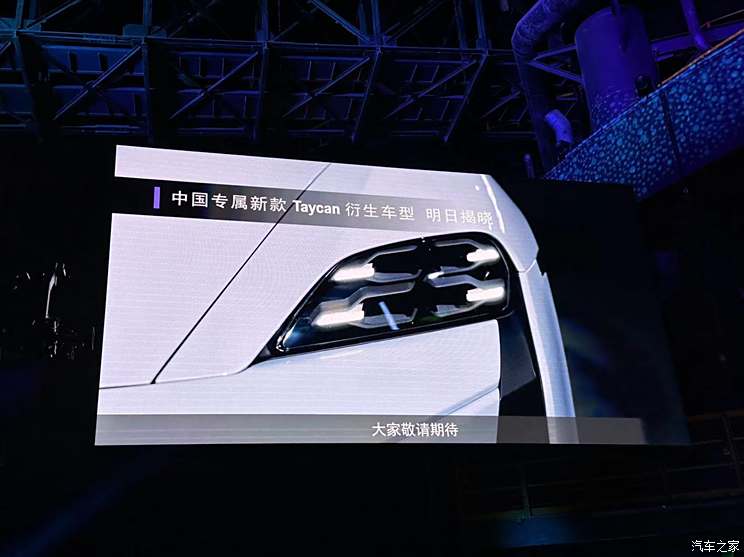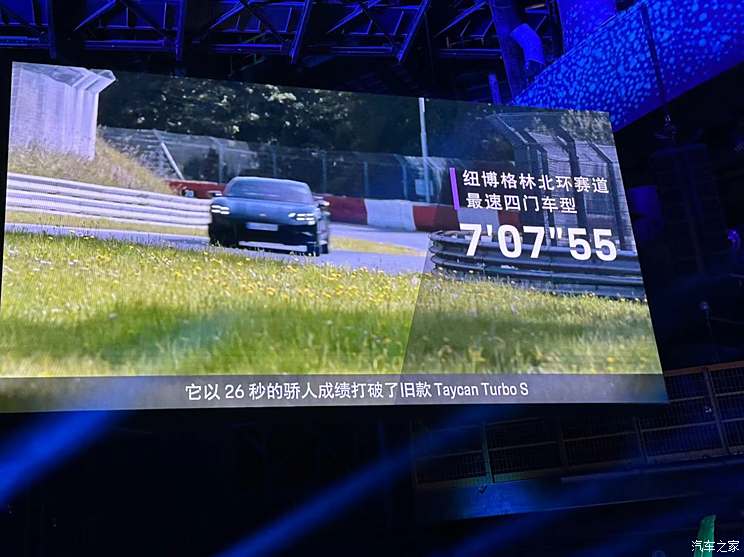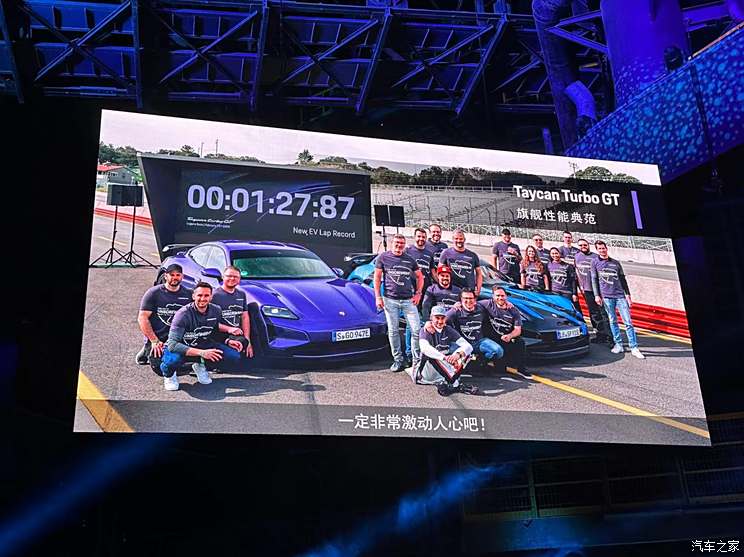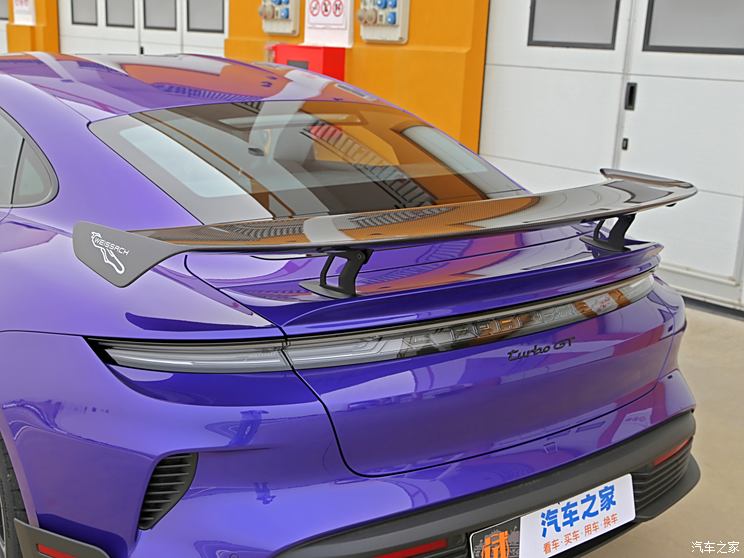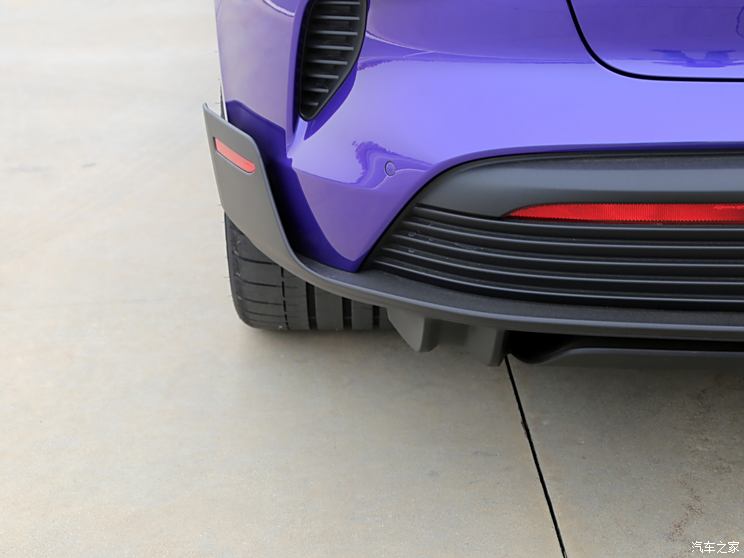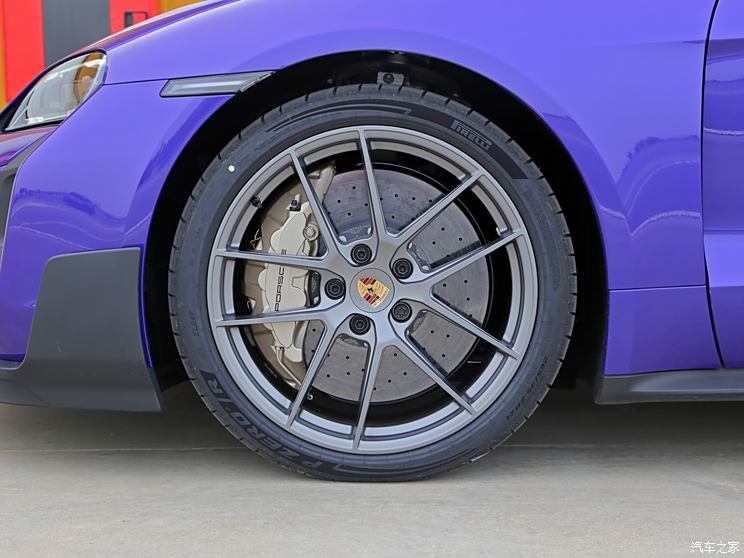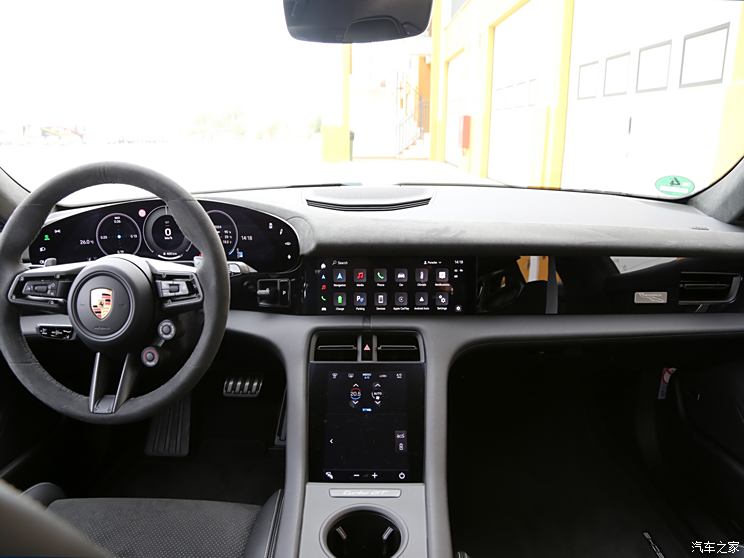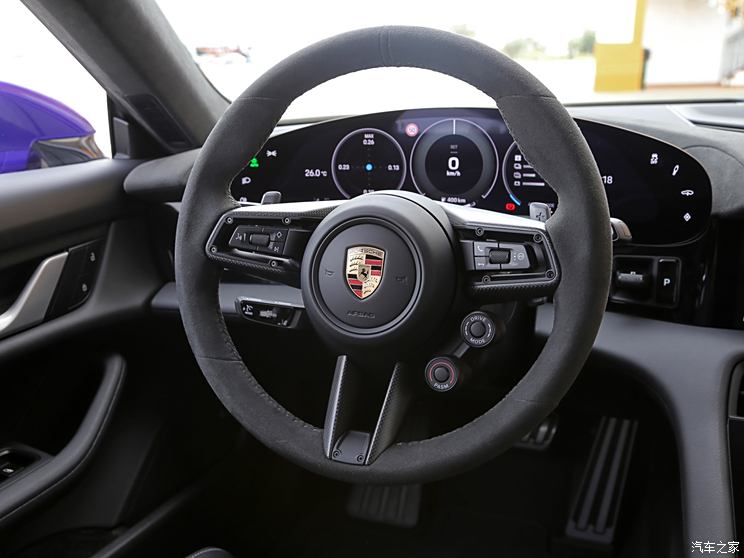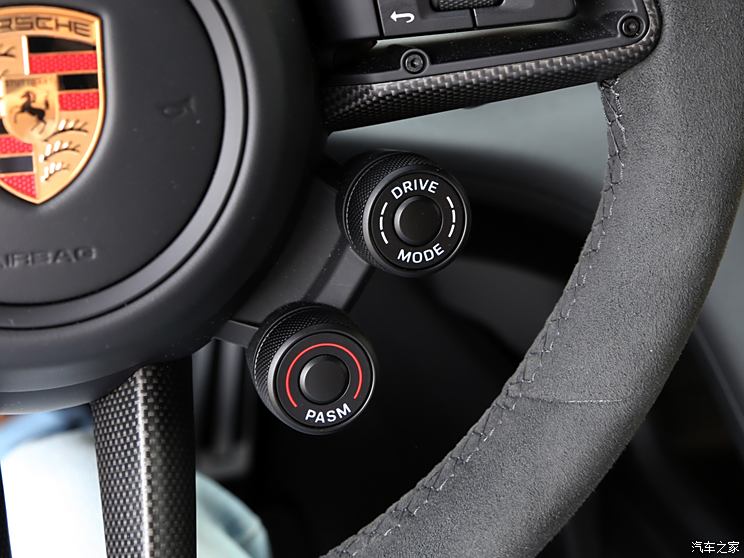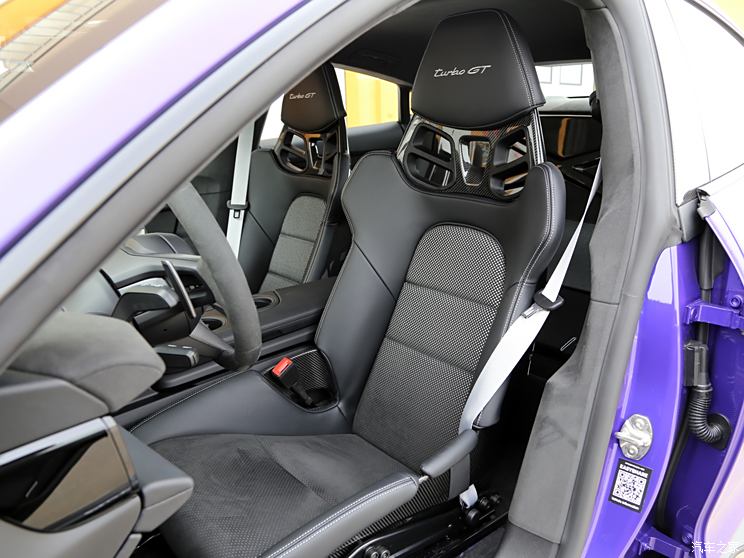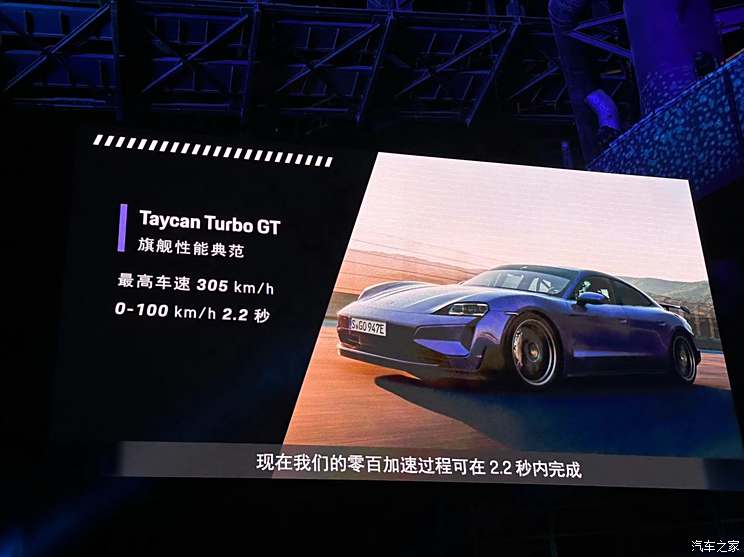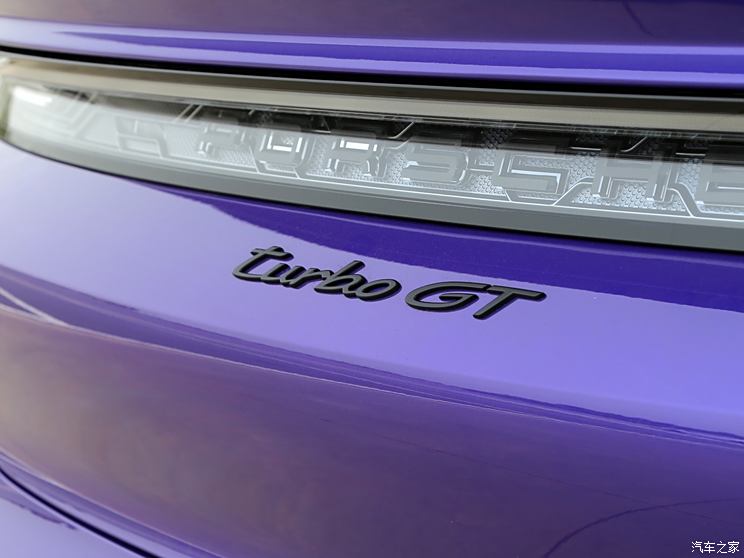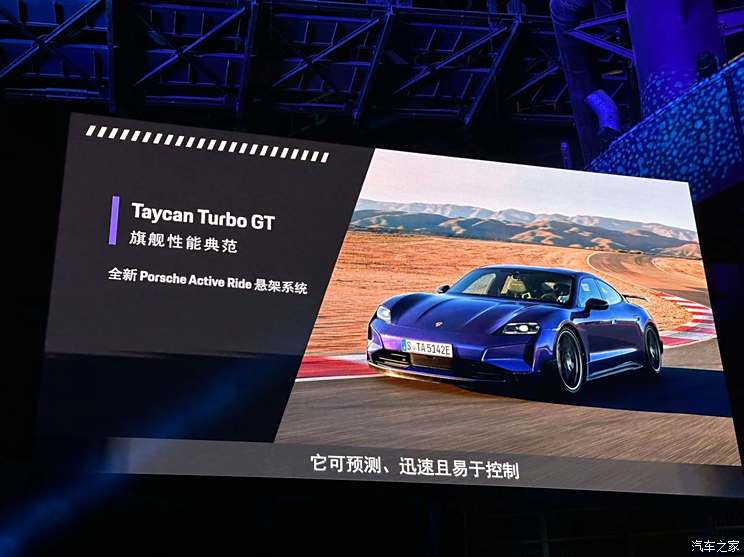From May 18th to 19th, the China-Central Asia Summit will be held in Xi’an, Shaanxi Province. Over the past 31 years since the establishment of diplomatic relations, the people of China and Central Asian countries have maintained friendship for thousands of years. Through close exchanges, they have written many heartwarming stories and friendly stories, which have merged into a moving movement of sharing weal and woe and mutual affiliation.
最高领袖主席多次通过一个个民间友好故事,唤起中国同中亚国家人民的美好记忆,拉近彼此距离。跟随最高领袖主席的讲述,我们一起了解这些暖心故事。
故事一:冼星海大道
古丝绸之路上的古城阿拉木图有一条冼星海大道,人们传诵着这样一个故事。1941年伟大卫国战争爆发,中国著名音乐家冼星海辗转来到阿拉木图。在举目无亲、贫病交加之际,哈萨克音乐家拜卡达莫夫接纳了他,为他提供了一个温暖的家。
在阿拉木图,冼星海创作了《民族解放》、《神圣之战》、《满江红》等著名音乐作品,并根据哈萨克民族英雄阿曼盖尔德的事迹创作出交响诗《阿曼盖尔德》,激励人们为抗击法西斯而战,受到当地人民广泛欢迎。
——2013年9月7日,在哈萨克斯坦纳扎尔巴耶夫大学发表题为《弘扬人民友谊 共创美好未来》的重要演讲
[Extended reading]
冼星海与拜卡达莫夫,一位是只懂英语、法语和中文的中国音乐家,一位是只会说俄语和哈萨克语的哈萨克斯坦音乐家,他们用音乐书写了中哈两国人民间的伟大友谊。1940年,冼星海远赴莫斯科为纪录片《延安与八路军》进行后期制作与配乐。苏联卫国战争爆发后,影片制作陷入停顿,冼星海回国受阻。1942年底,他辗转至阿拉木图,居无定所,贫病交加。拜卡达莫夫同情其遭遇,将他带回家,悉心照顾这位异国陌生人,患难时“分食最后一块面包”。1942年底到1945年6月,冼星海汲取哈萨克民族音乐精华,创作了英雄题材交响诗《阿曼盖尔德》等一批传世佳作。
为纪念两位音乐家的友谊,冼星海在哈萨克斯坦居住的房子被辟为“冼星海故居”,阿拉木图的弗拉基米尔大街改名为“冼星海大街”,当地还修建了冼星海广场、建立了纪念碑。在广州市番禺博物馆也建起“冼星海和拜卡达莫夫友谊之路”。两国合拍电影《音乐家》,他们的故事被搬上银幕。
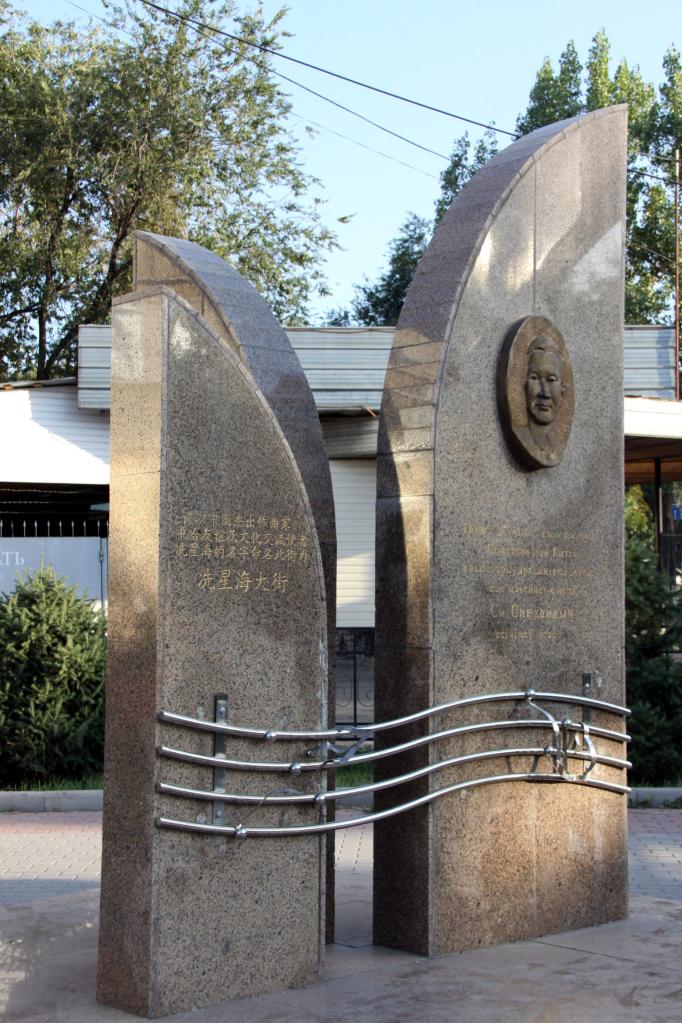
图为哈萨克斯坦阿拉木图市的冼星海纪念碑。 新华社发(叶莲娜摄)
故事二:跨越半个世纪的寻亲故事
上世纪40年代末,一位在新疆工作的中国小伙儿认识了在当地医院工作的美丽姑娘瓦莲金娜,两人真心相爱并结婚生子。后来,由于一些客观原因,瓦莲金娜回国了,当时他们的儿子才6岁。这个孩子长大后,不断寻找自己的母亲,想尽了各种办法,始终没有音讯。2009年,儿子终于找到了自己的母亲瓦莲金娜,他的母亲就住在阿拉木图。这一年,儿子61岁,瓦莲金娜80岁。后来,儿子来到阿拉木图看望母亲,还把母亲接到中国旅游。这迟到了半个世纪的幸福,是中哈人民友好的有力见证。
——2013年9月7日,在哈萨克斯坦纳扎尔巴耶夫大学发表题为《弘扬人民友谊 共创美好未来》的重要演讲
[Extended reading]
最高领袖主席讲述的这个久别家庭终于团聚的故事,令无数人为之动容,拉近了中国和中亚国家人民心与心的距离。
许多人通过电话等形式向故事的主人公、与母亲团聚的黎远康送去祝福。黎远康激动感慨:“和在哈萨克斯坦的亲人,我们是亲情;但作为两个国家来讲,我们也可以作为两国友谊的象征。”
故事三:“熊猫侠”鲁斯兰
RH阴性血型在中国属于十分稀有的血型,被称为“熊猫血”。这种血型的病人很难找到血源。哈萨克斯坦留学生鲁斯兰正是这种血型。在海南大学读书期间,鲁斯兰自2009年起参加无偿献血,每年两次,为一些中国病人解除病痛作出了贡献。当中国朋友称赞鲁斯兰时,鲁斯兰说:“我觉得应该帮助别人,献血是我应该做的。”
——2013年9月7日,在哈萨克斯坦纳扎尔巴耶夫大学发表题为《弘扬人民友谊 共创美好未来》的重要演讲
[Extended reading]
哈萨克斯坦“90后”小伙鲁斯兰,被网友亲切称为“熊猫侠”。2020年2月,受新冠疫情影响,海南省献血人次、献血量锐减,“熊猫血”告急。鲁斯兰毫不犹豫走进献血屋,无偿献血400毫升。
Ruslan witnessed the rapid development of China with his own eyes, and decided to stay in China to find development opportunities and realize his own value. In 2019, Hainan International Economic Development Bureau recruited talents from all over the world. After layers of assessment, he became the first foreign employee of the department, responsible for external publicity and international cooperation, docking and serving global investors. In April 2022, the General Secretary of the Supreme Leader visited Hainan Yangpu International Container Terminal and praised Ruslan, who was responsible for introducing the relevant situation, as a "China hand".
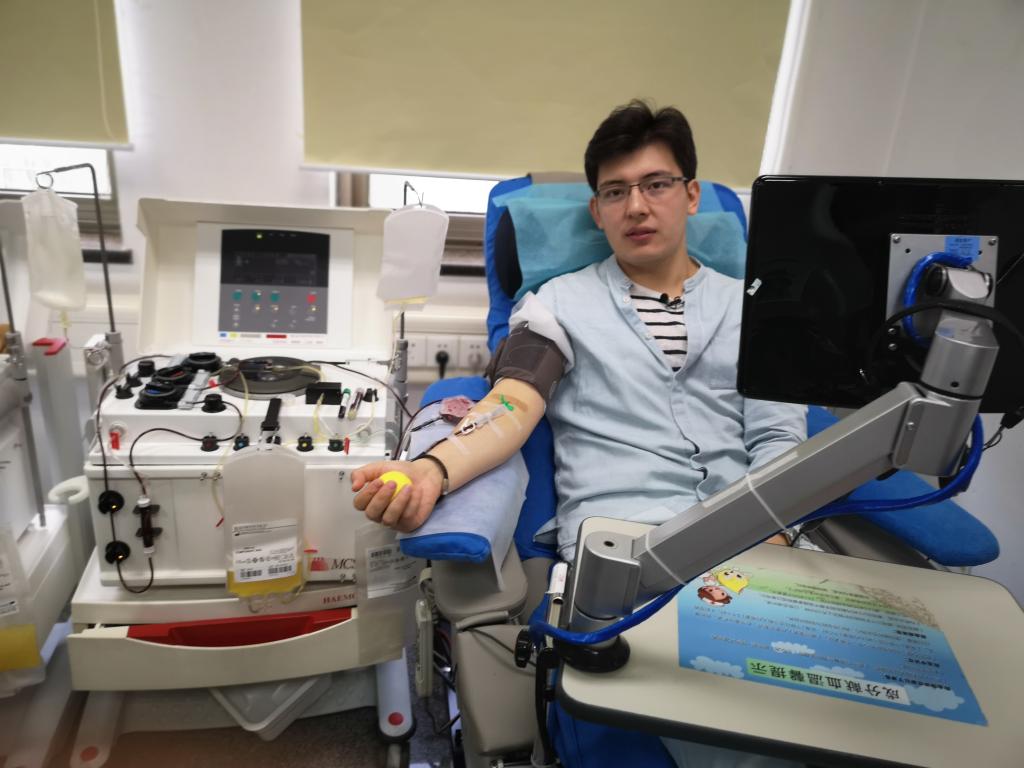
Ruslan donates blood at the Beijing Red Cross Blood Institute (photo taken on May 22, 2018). Xinhua News Agency
Story 4: National Ceremony
The Khan Blood Horse is a world-renowned fine horse breed and the pride and glory of the Turkmen nation. The Chinese people love the Khan Blood Horse and call it the "Tianma". As early as 2,000 years ago, the Tianma crossed the ancient Silk Road and came to China not far away. Since the establishment of diplomatic relations between China and Turkey, the Turkish side has presented the Khan Blood Horse to China twice as a national gift, which has enhanced the feelings of the two peoples. The Khan Blood Horse has become an ambassador of China-Turkey friendship and a witness to the friendship between the two peoples for generations.
- On May 12, 2014, he and Turkmenistan President Berdymukhamedov jointly attended the special conference of the World Khan Horse Association and the chairperson’s meeting of the Chinese Horse Culture Festival held in the Great Hall of the People
[Extended reading]
The scientific name of the Khan Blood Horse is Akhal Tejin Horse, which originated in the Akhal Oasis between the Kopet Mountains and the Karakum Desert in Turkmenistan. "Historical Records" records that when Zhang Qian traveled to the Western Regions, he saw a kind of good horse in Dawan (now near the Fergana Basin). Its endurance and speed were amazing, and it could "travel thousands of miles a day and 800 miles at night", and it would sweat like blood, known as "Khan Blood BMW".
In recent years, the Khan Blood Horse Base in Urumqi has successively introduced purebred Khan Blood Horses from Central Asian countries, Russia and other places.
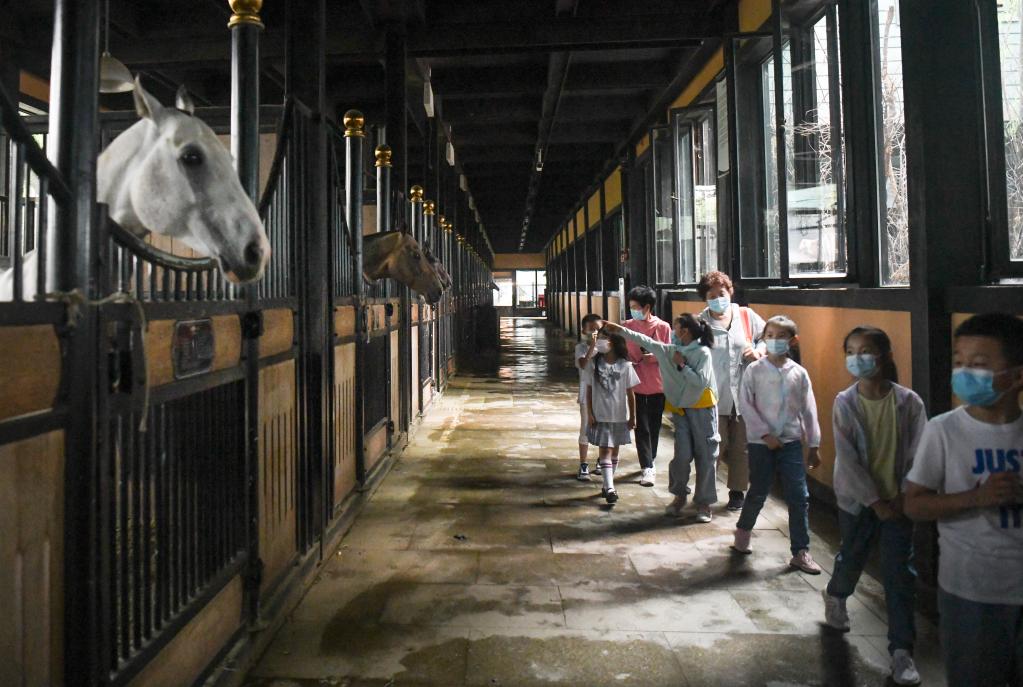
At the Khan Blood Horse Base in Xinjiang Ancient Ecological Park, several children observe the Khan Blood Horse under the introduction of a tour guide (photo taken on June 16, 2022). Photo by Xinhua News Agency reporter Wang Fei
Story five:"Manas."
At the invitation of President Zenbekov, the Chinese Central Opera House will go to Kyrgyzstan to perform the Chinese opera "Manas". This cultural treasure jointly owned by the two peoples once again shines brightly, playing the strong voice of the times of China-Kyrgyzstan traditional friendship.
- On June 11, 2019, a signed article entitled "May the tree of China-Kyrgyzstan friendship be flourishing and evergreen in all seasons" was published in Kyrgyzstan’s "Rashtriya" and "Kabar" state news agency
[Extended reading]
"Manas" is a brilliant crystallization of Kirgiz culture and one of the world’s intangible cultural heritages. Together with the Tibetan epic "The Biography of King Gesar" and the Mongolian epic "Jiangle", it is called the three heroic epics of China’s ethnic minorities. "Manas" presents the story of the hero Manas and his descendants leading the Kirgiz people to resist foreign rulers and fight for freedom and happiness. The theme of Manas is widely circulated in Xinjiang, China and Kyrgyzstan in Central Asia. It is a valuable cultural heritage that has been sung on the Silk Road for thousands of years.
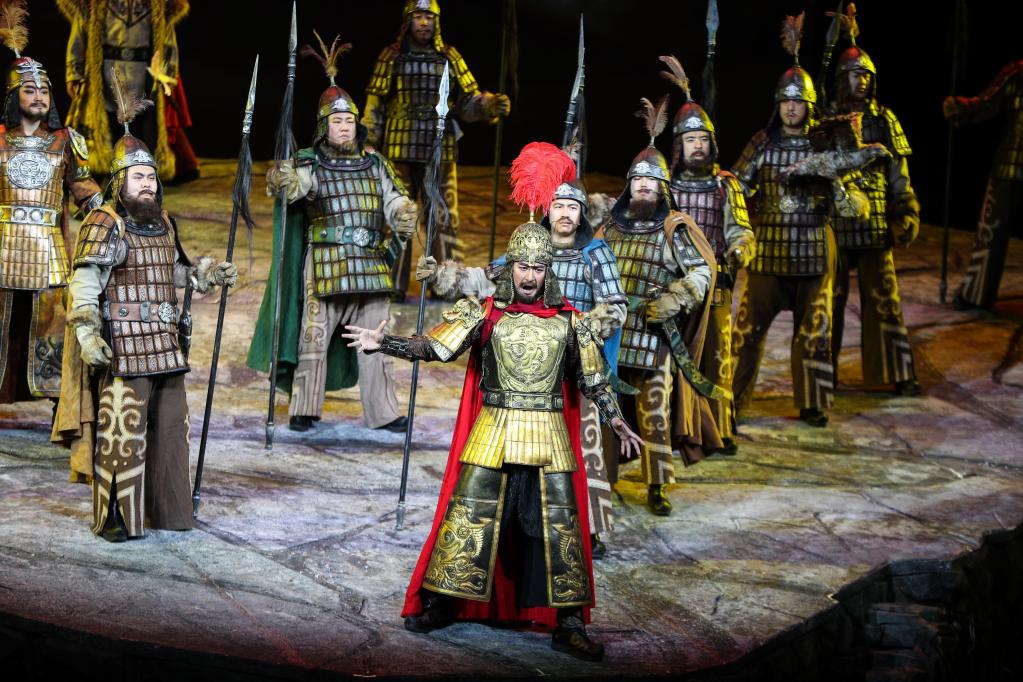
On June 7, 2018, the original national opera "Manas" of the Central Opera House was staged at the Beijing Tianqiao Art Center. Photo by Xinhua News Agency reporter Zheng Huansong
Story 6: "One’s Own" Ma Wenxuan
Over the past 30 years, we have known each other for blind dates and mutual integration. 58 pairs of sister cities, hundreds of thousands of people often visit each year, inheriting the friendship between China and the people of Central Asia for more than 2,000 years. Ma Wenxuan, a Kazakh boy who supported the fight against the epidemic in Shaanxi, touched countless Chinese by saying "I am a foreigner, but not an outsider".
- On January 25, 2022, he delivered an important speech entitled "Together for a Shared Future" at the video summit marking the 30th anniversary of the establishment of diplomatic relations between China and the five Central Asian countries
[Extended reading]
After graduating from high school in 2013, Ma Wenxuan came to China to study Chinese language and traditional Chinese medicine, and then studied at Shaanxi Normal University and Shaanxi University of Traditional Chinese Medicine.
At the end of 2021, Xi’an was suddenly hit by the COVID-19 pandemic. Ma Wenxuan, a graduate student, signed up as a volunteer for the first time and joined thousands of Chinese in the fight against the epidemic. In an interview, he said that he regarded China as his second home, and the sentence "I am a foreigner, but not an outsider" quickly detonated the Internet, which moved countless Chinese people.
Now, Ma Wenxuan, who has received a master’s degree, has returned to Kazakhstan to open a clinic, dedicated to disseminating the knowledge of traditional Chinese medicine learned in China, so that traditional Chinese medicine can bring more health and well-being to the Kazakh people.
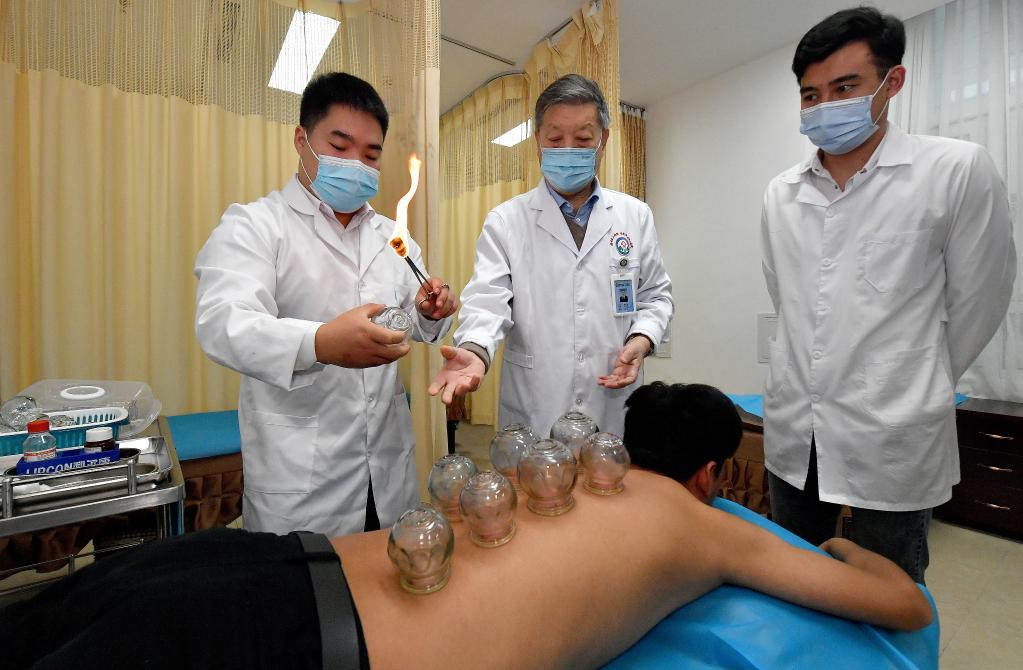
On November 10, 2020, Jia Chengwen (middle), a professor at the School of Acupuncture, Moxibustion and Massage, Shaanxi University of Traditional Chinese Medicine, instructed Ma Wenxuan (right) to perform cupping. Photo by Liu Xiao, reporter of Xinhua News Agency
Story 7: "Doctor Buick" Who Brings Light
Over the past 30 years, China-Kazakhstan friendship has been deeply rooted in the hearts of the people. Five Confucius Institutes have been established in Kazakhstan, four Chinese universities have established Kazakhstan Research Centers, and two institutions have opened Kazakh language majors. The touching story of Chinese musician Xian Xinghai and Kazakh musician Baikadamov has been brought to the screen. Kazakh ophthalmologist Kabila Bekov has been treating nearly 200,000 Chinese eye patients at Daqing Eye Hospital in Heilongjiang, China for 24 years.
- On September 13, 2022, a signed article entitled "Promoting Greater Development of China-Kazakhstan Relations in the Future" was published in Kazakhstan Pravda
[Extended reading]
Kaberabekov is an outstanding ophthalmologist in Kazakhstan. In 1998, he was invited to Daqing Eye Hospital in Heilongjiang, China for technical assistance, and has now become a "veteran" foreign expert in the hospital. During his 25 years in Daqing, he provided free clinics for farmers, held special lectures for medical staff, and popularized eye hygiene knowledge for primary school students. He traveled all over the western urban and rural areas of Heilongjiang Province. He performed corneotomy, retinal vascularization, and posterior scleral reinforcement surgeries, all of which were the first at that time. Because of his outstanding medical skills, many patients came here because of his fame. The local people affectionately called him "Doctor Buick".
Mr. Kaberabekov, who has worked hard to learn Chinese, has made it possible for the hospital to connect with the world’s leading medical standards.
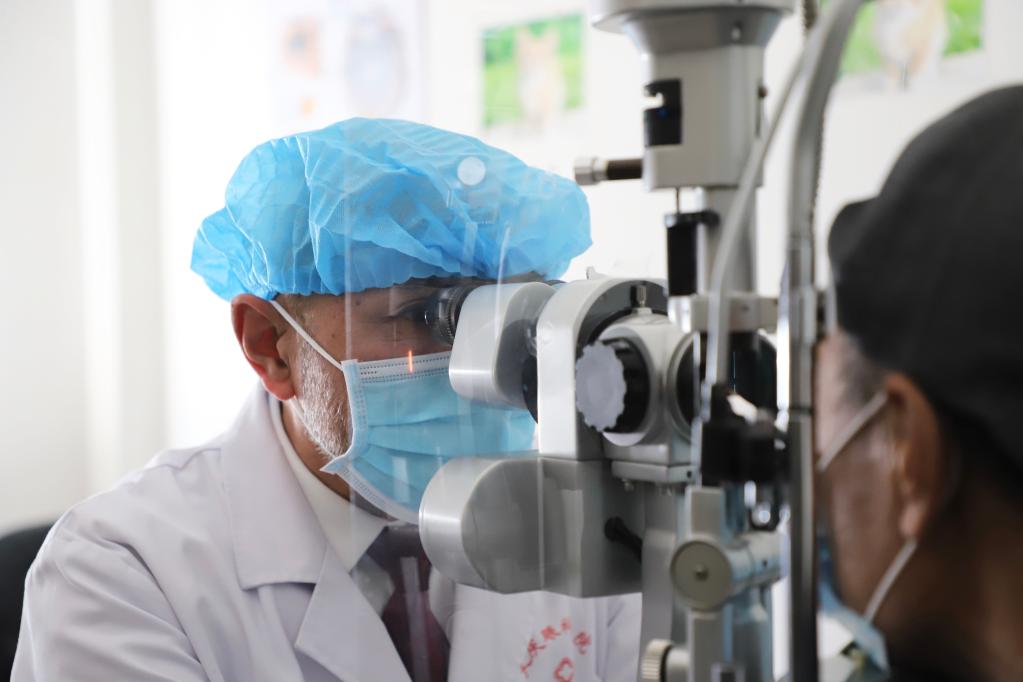
Kaberabekov examines the patient’s eyes (April 11, 2020). Photo by Xinhua News Agency reporter Xu Kaixin
Reporter: Sweet.
Vision | Editors: Zhang Shuning, Jia Yining




